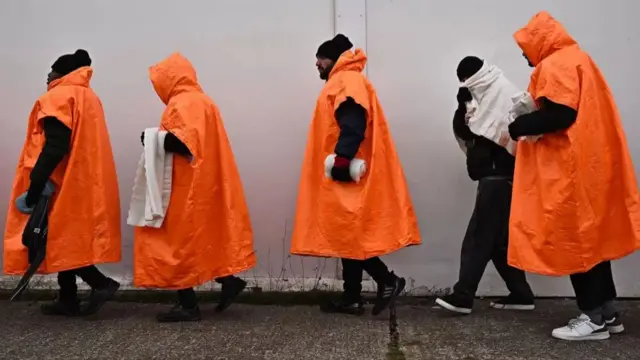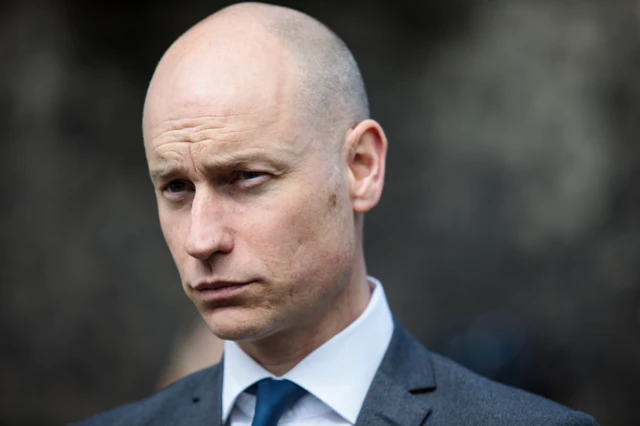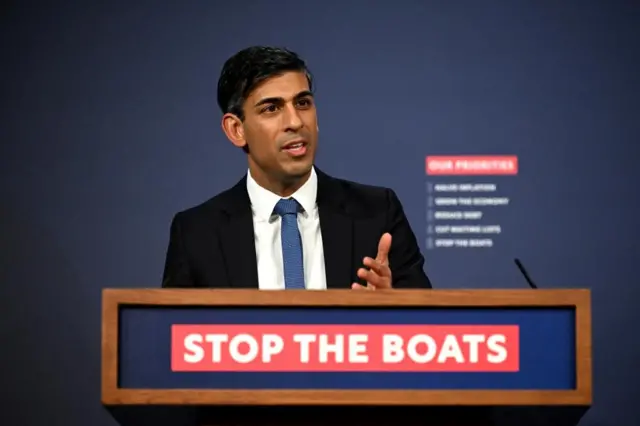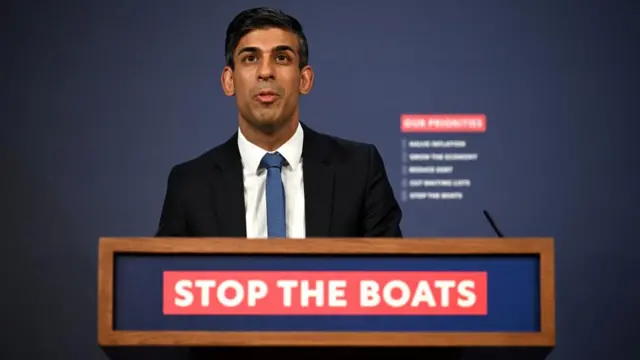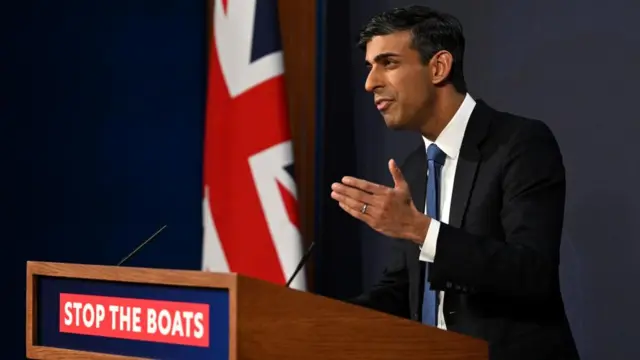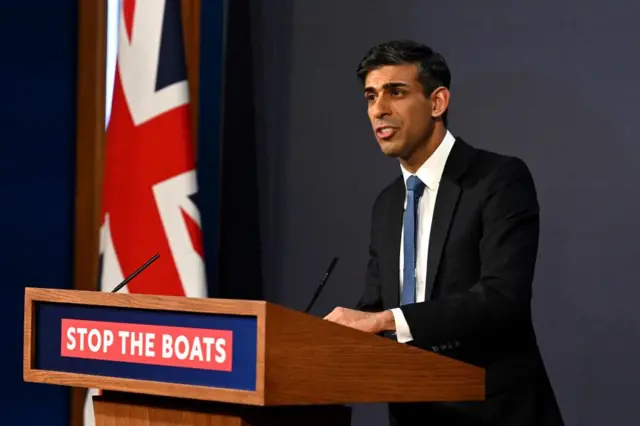We are ending our live coveragepublished at 19:32 GMT 7 March 2023
Jamie Whitehead
Live reporter
Thanks for joining us for our live coverage today, here's a quick recap of what's been happening.
- Rishi Sunak said migrants arriving in the UK illegally will be removed "within weeks" as part of government plans to end Channel crossings
- The PM said the Illegal Migration Bill will stop people claiming asylum in the UK if they arrive through unauthorised means
- Home Secretary Suella Braverman told the House of commons that asylum seekers arriving illegally will be detained and face a lifetime ban on travelling to the UK after they are removed to a third country, like Rwanda, or their own country if it is safe
- They will not be allowed to settle Britain or ever gain citizenship
- Sunak described the plans as "tough" but "necessary and fair"
- Labour's shadow home secretary Yvette Cooper says the bill isn't a solution and lets people smugglers "off the hook"
- The UN's refugee agency, UNHCR, said it is "profoundly concerned" by the Bill and if passed will amount to an "asylum ban" and "clear breach of the Refugee Convention"
There's more on this story below:
- Sunak says he is up for the fight on illegal Channel crossings
- Small boats bill aimed at galvanising political support at home
- How is the UK stopping Channel crossings and what are the legal routes to the UK?
Today's page was edited by Sarah Fowler, Nathan Williams, Jeremy Gahagan and me. Our writers were Sean Seddon, Aoife Walsh, James Gregory, Kathryn Armstrong, George Wright, Jack Burgess and Andre Rhoden-Paul.
